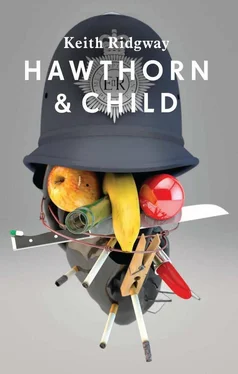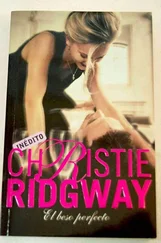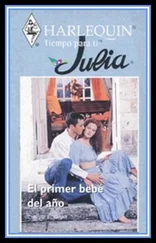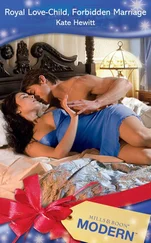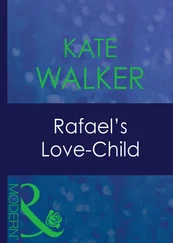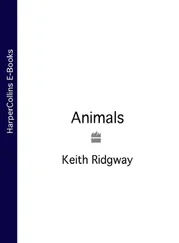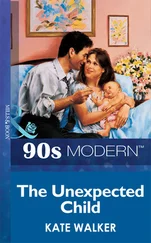Tony Blair.
I wake to the rattling and the marching songs.
The Association of Christ Sejunct
The poisoned evening spun a little. The sky was pink and the buildings black and the lights looked wet in the warmth, and people trickled out of the tube station like beads of sweat. He didn’t want to breathe. On his tongue he tasted distant cooking or the drains.
He had stopped shouting.
He looked at the sky. It was not far. He stamped his right foot to get his boot back on and thought of the soldiers by the cross and the grey and purple clouds closing over them and what they must have thought about. Very simple things. Supper. Money. Fucking.
The sky.
A police car turned the corner, silent but the lights flashing. He watched it creep towards him, its tyres hissing on the soft tarmac. He stood on the kerb and the car passed him. He stamped his foot. It stopped. A man got out looking bored but well equipped. He could smell plastic, and fresh sweat seeping through old deodorant. He stamped again. The man affixed a complicated belt to his waist. Tightened it. Fastened it.
— Hello, sir.
He said nothing. Looked at him. White man with red lips, cold skin. He smelled so clean. His arms met his body in a tuft of scented turf and he was straight from the television. Or the gym or the back of a magazine.
— We had a call about some shouting?
He stamped his boot.
The shopkeeper appeared. The taste of butter. The small ankles of his wife’s bullshit figurines. There was chatter by his left ear. Back there somewhere. His wife would be sitting in the armchair. She would be clutching the first of her Coca Colas and marking out the television in the Standard. Back there somewhere. He moaned. He raised his mouth to the sky and wanted to wail and nothing came but moaning.
— Right. Sir. Can you tell me your name please?
Some boys had gathered opposite.
— What is it, bruv? What’s he done, man?
The driver emerged and gestured and walked around the car. Circumauto. Another belt. Their shirts were white but they wore … things over them. Chest pieces. Armour. The sky’s pink darkened. The sky. He must forget about the sky for the moment.
Vests. Stab vests. He flexed his right thigh.
— My wife, he said.
— What’s your name please, sir?
He didn’t want to give his name.
— My wife is at home.
— Good for her.
He looked straight up. He was afraid that he wouldn’t do it. If he didn’t do it, no one would know that he’d planned to do it.
— Been having a bit of a shout have we?
He could hear the shopkeeper at his shoulder, giving an account. This and this. The boys across the road wheeled in tiny circles on a tiny bike, bounced a football, dislocated their hips, pushed laughter between themselves like a pool game — angles, ricochets, trick shots. Hats. Were they not too hot? The shopkeeper spoke low but he could hear the accusations and the falsehoods and the traps. Menace. Shouting. A disturbance. Scaring customers. Creating a scene.
He wouldn’t argue.
His wife was diabetic.
He would not shift. His toes on the edge of the kerb. His heels on the path. His hands by his side. His head tilted upwards.
— Can you move over here a little, please?
— My wife is diabetic.
— All right. What’s your name?
— I don’t want to tell you.
— You know why I’ve stopped you?
— You haven’t stopped me.
They had notebooks. They wore tags and emblems. Little silver pokes of office, he supposed. Their fabric was soft black, their shirts crisp; there were various things on their belts. He was straining his eyes. Peeking. He returned to the lowering sun and thought of naked boys by the stable, running knives through each other’s hair. He could smell bare skin.
— Are you arresting me?
— I’m trying to talk to you.
— I’m armed.
There was a gap.
— With what?
— Leave me be.
Oh Jesus! He was a small framed creature now, with his hair longer than the other boys, longer than his mother liked, and he ran in the evenings by the river with the other boys, with their low calls and whistles, a little language of the river at sunset that they had invented for themselves, and Jesus ran faster than them all, and they stripped and spent time in the water, and still stripped they crept up on the girls in the new dark, the girls around the … campfire? He didn’t know. He saw the girls around a little fire. Working on clothing. They were working on clothing somehow. Mending clothes and making clothes. Robes and gowns and the things people wore then. And he saw the boys in the dark, and the girls knowing the game and thinking it, for the most part, boyish and disgusting and stupid. But sometimes they peered into the gloom at the naked shapes, and held their breath at the moans and the laughs and the gulped air. Jesus liked to listen with his eyes closed. He could hear the breath of everyone, and knew what it meant. He knew how their minds were directed, their disguised intentions, their thoughts. One boy always stood close to him, always sought him out. One girl was sick, her head reeled in the flickering light and she wanted to be dead. Another girl battled with herself and prayed, her heart split open, flooded with fear and despair, thinking that this was her test. This was not her test. Most of the girls breathed bored or excited breaths, their words matching their thoughts, for the most part. Most of the boys breathed excitement, though there was some doubt too, and fear, and one boy hated himself and his friends and his hate wrestled with his lust, and both of them were strange to him, and he spat on his hand as if spitting on an enemy.
Jesus was surrounded by the breath of others.
The policemen had taken a step back, and the shopkeeper had disappeared.
— I’m going to ask you to put your hands behind your back, OK?
— You arresting me?
— Yes, I’m arresting you.
— No.
He spun to his left with his arm extended and he thought he did it fast but he met only empty air and then something had a hold of his wrist. He raised his arm, raised it, raised it, and the policeman let go and he turned and he ran. He ran. His legs were strong. His shirt flapped and his jeans caught on his thighs and his boots were imperfect. But he ran. He could run. He could run faster than any policeman. He smiled. He was going towards the tube. At least one of them was after him. Perhaps both of them. No, only one of them. The other would be on the radio. He slammed into a woman at the entrance and she went flying and he turned a sharp left and he could hear the boys shouting and laughing Yeah man, run bruv, run blud run! Fuck the feds man, fuck em! and he came out of the second entrance and ran through the bus park to the main road and right, under the bridges, and he was just warming up now. He glanced back. Still there.
People looked small and still when he ran.
His wife had started with cartoon characters. Not so many. That was fine. Then she had gone on to historical personages. Little things. Made of something or other. Porcelain. A couple of inches high. Six inches high. On pedestals or bases made to look like scenes. Tree stumps. Motor cars. Robin Hood. Dick Whittington. Peter Rabbit. Florence Nightingale. Princess Diana. The first time they had sex they were fifteen years old and it was summer like this. She had Barack Obama now.
He could taste the trains.
He took the road at a long angle and the cars parted for him.
He went left again, into the park. Up the little hill. Left again. He cut the grassy corners. Jesus would run for hours. He would run what we would call marathons, all around his village. Longer than that. Bursts of speed when he wanted. Past the skateboard place where a couple of shirtless white boys stopped in the gloom and stared at him, but they had short hair; and past the tennis courts where some people turned and looked. He glanced back again. The policeman was flagging.
Читать дальше
